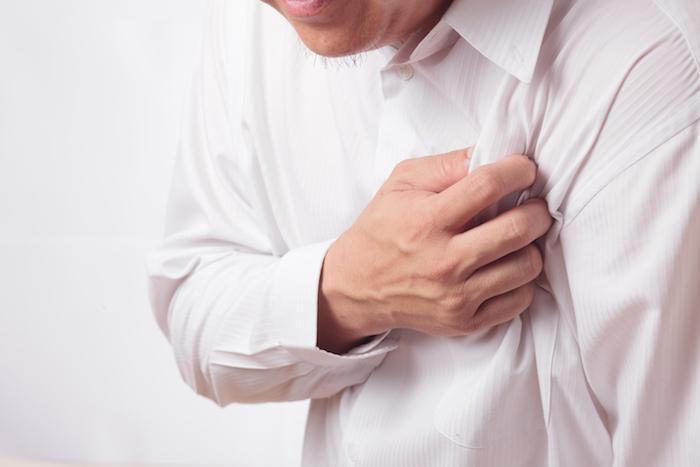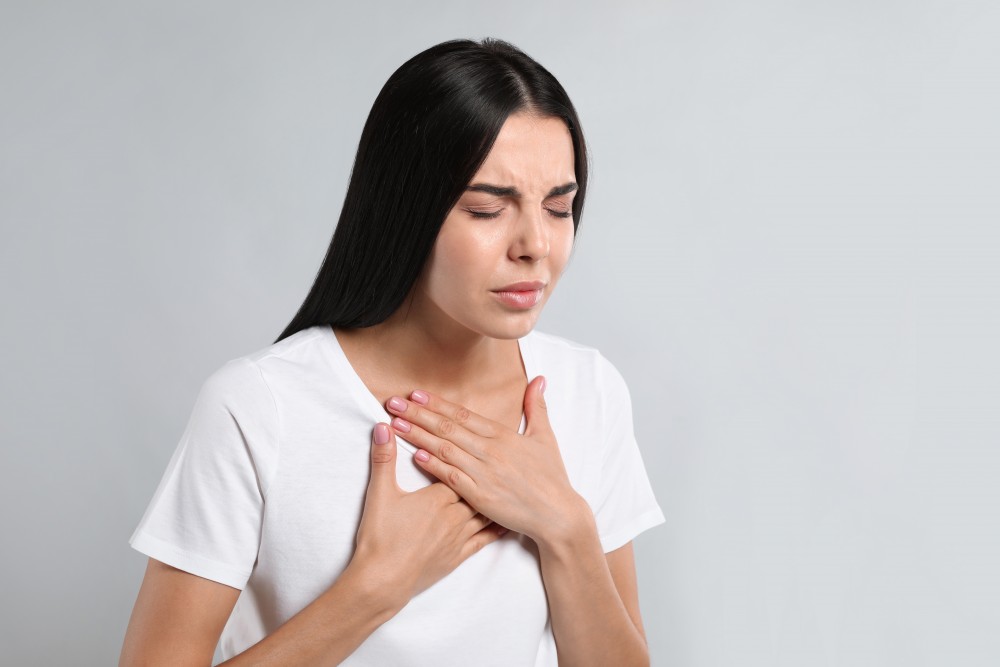The most important thing women should know about heart disease is that it’s the No. 1 killer of women in the United States. Once thought to be primarily a male disease, heart disease doesn’t discriminate. It kills women and men equally. One in three female deaths is due to heart disease and stroke, which is more than all cancers combined.
It tends to affect women more as they age, but heart disease can strike anyone at any age. Fortunately, the majority of heart diseases can be prevented through healthy lifestyle habits. Unfortunately, only about half of women surveyed know that heart disease is a major cause of death and even fewer think of heart disease as a personal health risk.
What is heart disease?
Heart disease, also called cardiovascular disease, isn’t just one disease but a group of conditions that affect the heart. The most common heart diseases are coronary artery disease, vascular disease, and stroke. Most heart attacks are caused by coronary artery disease.
Heart disease is generally a condition that narrows or blocks blood vessels or impairs your heart’s muscle, valves, or rhythm. When your blood vessels are blocked, it can lead to chest pain, stroke, or a heart attack.
Women and heart disease
While heart disease kills men and women about equally, some heart disease symptoms are different for women than men. The more you know about symptoms, risks, and prevention, the lower your risk for developing this deadly disease.
For example, heart attack symptoms are different for women than men. While both men and women usually experience the hallmark symptom of chest pain, women are more likely to also experience other symptoms such as shortness of breath, nausea, and back or jaw pain. Women may also not experience chest pain while having a heart attack. The differences in symptoms may be the reason that women are more likely to die from a heart attack than men.
Eating poorly, having high blood pressure and cholesterol levels, and being overweight are heart disease risks for both men and women, but women also have added risk factors. Depression, obesity, smoking, and diabetes play more of a role in heart disease in women than men.
Lastly, menopause symptoms, polycystic ovary syndrome, and certain pregnancy complications, which are unique to women, can increase your risk for heart disease.
Heart disease prevention
An easy prevention step is to get regular checkups that include blood pressure and cholesterol screenings. High blood pressure and high cholesterol levels usually have no signs or symptoms so getting them checked can help you manage them if they’re high. Other ways to prevent heart disease include:
- Quitting smoking
- Limiting your alcohol intake to one drink a day
- Reducing your stress levels
- Exercising regularly
- Eating a healthy diet low in saturated fats and high in whole grains, fruits, vegetables, and lean meats
For more information on heart disease and how you can reduce your risk for this widespread disease, call Prime Heart and Vascular with locations in Allen, Frisco, and Plano, Texas, or make an appointment online.





